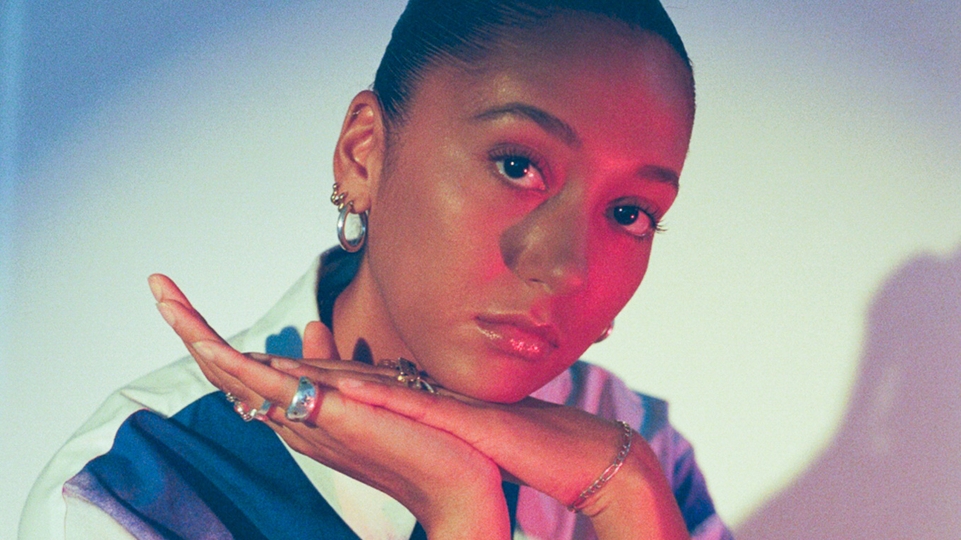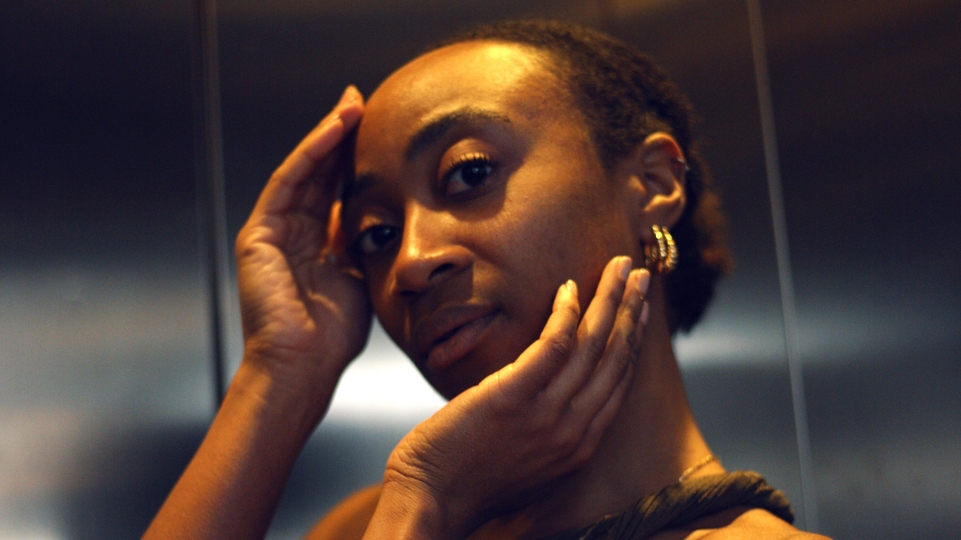
Works in progress: Amaliah and NIKS in conversation
Following the path of so many DJs before them, London’s Amaliah and B.A.D co-founder NIKS have both started to produce their own music in recent years. The former has released invigorating, hybrid club tracks via her Borne Fruits label, Nehza Records and Earful Of Wax, while the latter drops her debut track via the new ‘Synergy’ compilation. Here, as part of our series celebrating the artists on Black Artist Database's debut compilation, they discuss their production journeys
Amaliah: “I’ve only been producing for the past two and a bit years. I’ve been record collecting since my late teens and was heavily into electronic music; my first introduction was dubstep when I was 13 or 14. I grew up in London, and was going to places like Plastic People and then I went to uni in Nottingham. I got my own radio show and wanted to DJ out, but it was very much a boys’ thing — I never felt competent enough to do it. In my adult life I was working office jobs, and I was just sad. I didn’t want to be doing that. So I got a set of turntables and practised. I booked a couple bar gigs and it snowballed from there.
“I started doing Borne Fruits parties, and then lockdown happened, so everything got put on hold. I wanted to try my hand at producing and started fiddling around, and took to it quite naturally. I made a batch of tunes but I didn’t really have any intentions for them.
“I put some tracks out to see what would happen, and they did a lot better than I thought they would. It progressed into Borne Fruits becoming a label. I’m kind of taking it as it comes, but it’s a legit label now. It’s great.”
NIKS: “I find production very cathartic, like switching off and zoning out. B.A.D ran free production masterclasses in lockdown, and I found them super interesting. I wanted to learn more and I already had some random samples on my hard drive, so I took six weeks off and taught myself. If you listen to the beginning and end of ‘Badness, Can’t Work’ the samples are birds I recorded when I was in Mexico last year. The vocal sample is something I’ve played in loads of sets over the past five years as an acapella.
“As a DJ, there’s always that one song you end up playing in your sets, and that vocal was it for me. I stopped playing it for a year, and then found myself going back to it in the summer. ‘Badness, Can’t Work’ is a natural combination of all these elements that I had envisioned being put to good use. I taught myself the software and produced the track at the same time, but I really, really enjoyed the process. It all made sense in that moment.”
Amaliah: “Using samples is a lot of trial and error, but it can be really fun. The vocals from my track ‘Mespo Dance’ are from a reggae sample pack. It took me a while to figure out what I wanted to use for it, but I wanted to draw on something that links to my roots. The clue is in the name: Mespo is in St. Vincent, which is the island that I’m from.”
NIKS: “The vocal sample I used has quite an interesting story. I first heard it in Smokin Jo’s track ‘Tribal Badman’, so I emailed her last year like, ‘Jo, where did you get this sample from? I really want to use it in this track’. She was like, ‘Niks, I was really cheeky. I lifted it off a 7-inch record in 1989’. I asked, ‘Do you still have this record? Do you have any information?’ She didn’t. She said there’s so much software now that you can run samples through, but nothing has come up for it to this date. So we did some research on sound system culture packs, and nothing came up. Jo and I have been talking loads about it, we’re really curious to find out who this person is. She was the first person to use it in dance music. I would love it if there was some sort of encyclopaedia where you could find the person behind a sample. Like this person might even be alive.”
Amaliah: “The industry is definitely getting better now that people are becoming a bit more self-aware with the kind of samples that they use, but even just a few years ago samples were being taken from Black culture, predominantly by white men. People need to be more self-aware and pay credit where credit’s due. That was another thing that I had in mind when I was making the track, about how I always knew that I wanted to start venturing into making more bass music, because it’s still run by white men, predominantly.
“What I’ve also learned through figuring out what my sound is, is how much of an impact the music that I listened to in my teens has subliminally influenced me as a producer now. I thought I would end up making softer stuff, but it’s actually a lot more bass-influenced and dark. It’s brought out another side to myself, versus what I do as a DJ. That’s been really nice to uncover and discover about myself.”
More in DJ Mag's Black Artist Database label feature series...
A new home: Black Artist Database on their label debut, ‘Synergy’
Pushing the envelope: Afrodeutsche & rRoxymore in conversation
A matter of faith: Lyric Hood and DJ Holographic in conversation
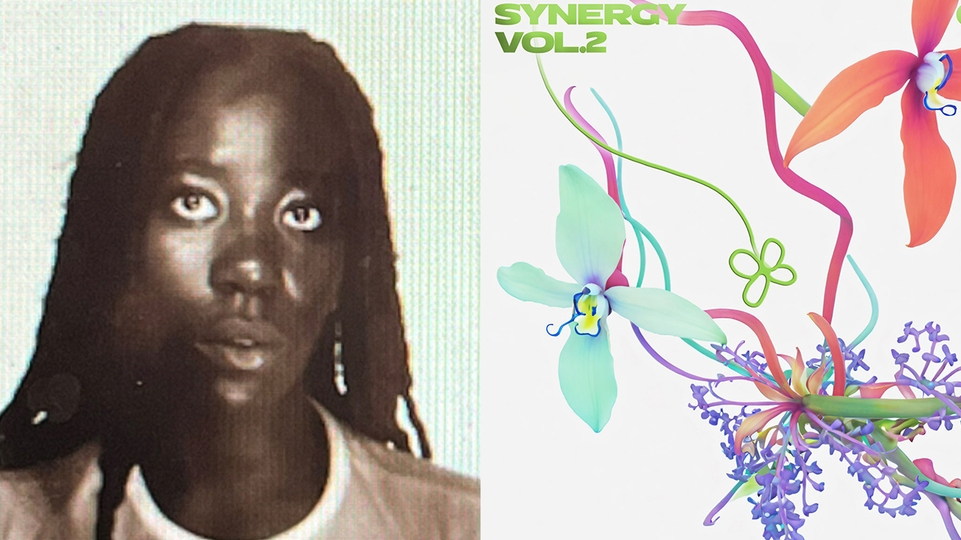
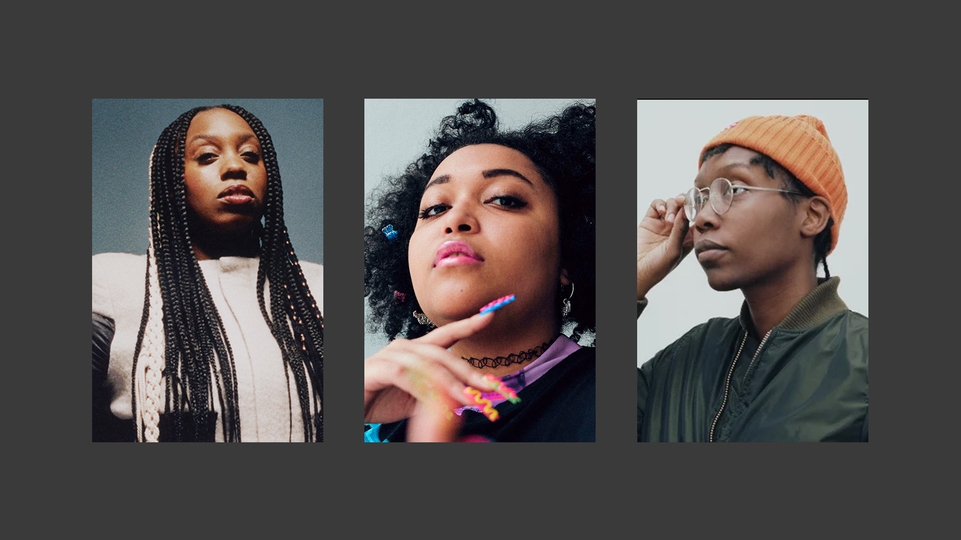
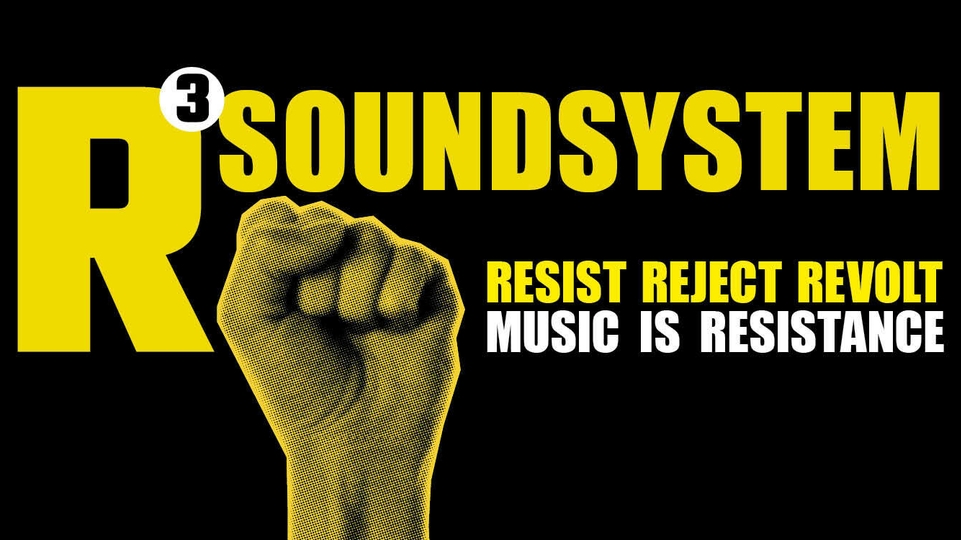
![Photos of NIKS, Coco Em and [M] on a poster for Saffron and Black Artist Database’s new collaborative series](/sites/default/files/styles/djm_23_961x540_jpg/public/2024-01/1329C0D1-B4DF-46F8-9E8D-B3114107E223_1_201_a_0.jpeg.jpg?itok=oibtu4nI)
